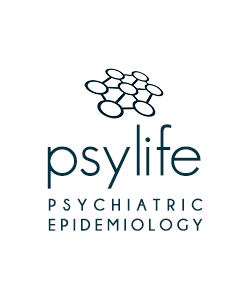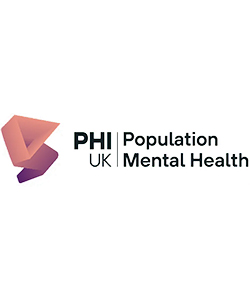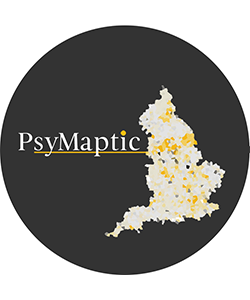Welcome to PsyLife
We are a research group based in the UCL Division of Psychiatry. We use epidemiological methods to investigate and prevent inequalities in the social determinants of psychosis and other mental health problems over the life course.

Investigating the social determinants of psychosis risk over the life course
Our Research
We use epidemiological methods to understand the social determinants of serious mental health problems.
We apply causal inference methods to population health data to inform better public mental health decision making.
Our research informs NICE guidelines and national government policy












Our work, in statistics
In numbers
Our group is founded on research-based learning to deliver novel, high quality evidence on the social determinants of psychosis and other mental health problems for policymakers, clinicians, academics and the public. We publish our peer-reviewed research in leading general medical, psychiatric and social sciences journals, following the principles of open science and open access publication wherever possible.
We also publish our work as datasets, book chapters, reports and guidelines where suitable, to maximise its impact in clinical and public health decision-making and policy. You can read more about our science and how it has contributed to public mental health here.
Meet the staff & students behind our research
OUR team
We are part of the Department of Epidemiology & Applied Clinical Research in the UCL Division of Psychiatry. In addition to members shown to the right, we typically supervise 3-4 MSc students each year, 1st year rotation PhD students & visiting researchers.
Prof Kirkbride is currently accepting PhD students. Please send enquiries here.
How our work is used to inform better public health & mental health care
from evidence to impact
We use our research to help policymakers, clinicians and mental health services to provide better care for people experiencing mental health difficulties.
For example, our research to better understand the epidemiology of psychotic disorders has allowed us to develop prediction models about the number of people who are likely to need care for psychosis in any given population, based on that population’s unique sociodemographic profile and exposure to factors in the social environment. Our predictions are used by NICE, the NHS and Public Health England to help plan effectively-resourced Early Intervention in Psychosis [EIP] services. You can read more about this here, and see the prediction tool in action here.
Our research has also informed a wide variety of decision making, including international guidelines on care for psychosis in migrant and minority ethnic groups. You can read more about how are research makes a difference, here.








